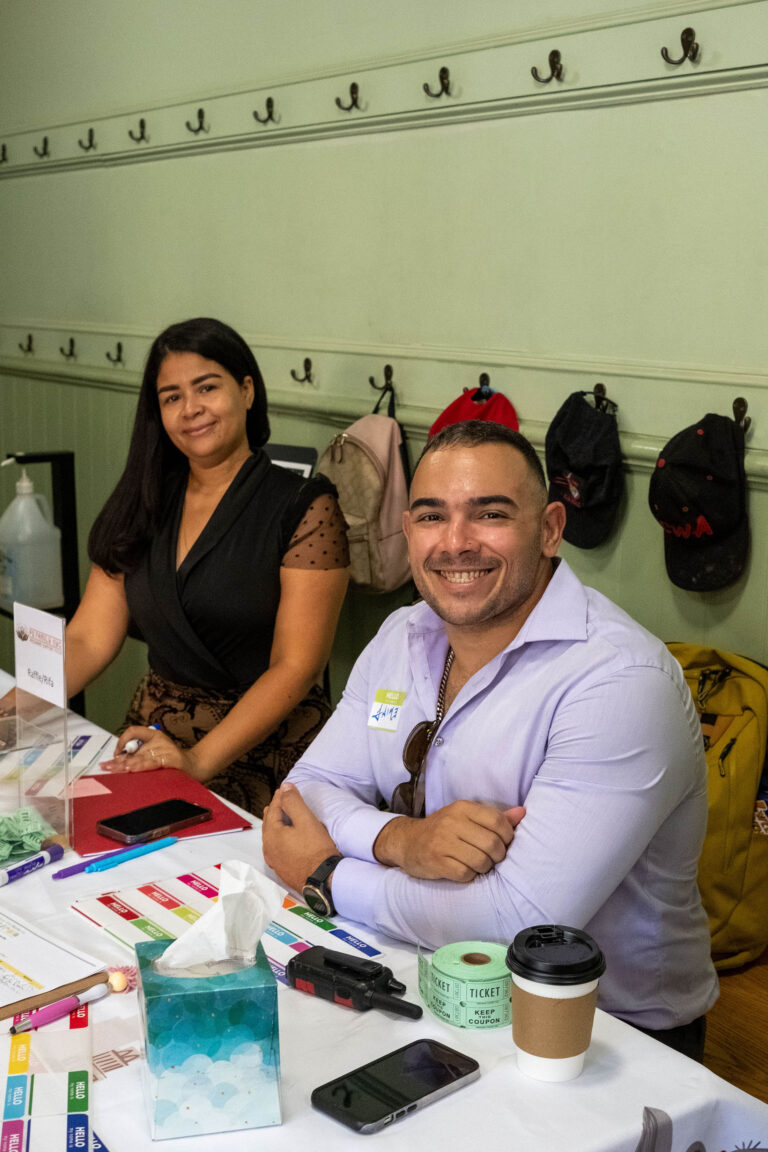Two years ago when I started working at #PSFAMILYNYC a child care provider told me some words that still sound fresh in my memory. I am going to quote her, because today more than ever her words must be resolved, thought about, and reflected on from what we do daily from how we approach not only child care programs, but also our professional practices. The provider told me:
“Jaime, now they want you to study so many hours. You don't have to study to change diapers. Give the children food, watch them play and change their diapers. That's a no brainer."
The provider may not have known it or was intentional, but she defined for me with her comment what child care is for her. I always tell this anecdote with coworkers when we delve into educational or curricular topics. However, I have rarely asked them to share their definition of what child care is. Of course you have to change diapers, of course you have to watch them play (I insist on this, observations are essential), of course you have to feed them, but is this child care?


To be honest, I was worried about her response. Because although it mentions the daily aspects of child care, this is far from what I understand as child care. For me, child care is providing a safe space for children to discover themselves. Let them discover that they move, that they have reflections, that they discern colors. Let them discover a world that every millimeter is new to them. Let them face their only childhood mission: to discover. In this sense, child care is about expanding the possibilities of development, growth, questioning, and strengthening of childhood.
Child care is about defending curiosity and stimulating it. Share with them your first experiences while they form their character, while they gain confidence in being, while they simulate new sounds, gestures and practices. For that, you have to study. Because even when we change diapers we teach consent. When we give food, we teach nutrition and care. When we watch them play, we observe their social and physical development. Care routines, the most everyday things, are where a lot of knowledge is transmitted during childhood. It is the space for primary socialization in childhood. And that requires us to prepare as best as possible.
That’s why on our professional development day we’ll talk about care routines. But first, for you, what is child care?



